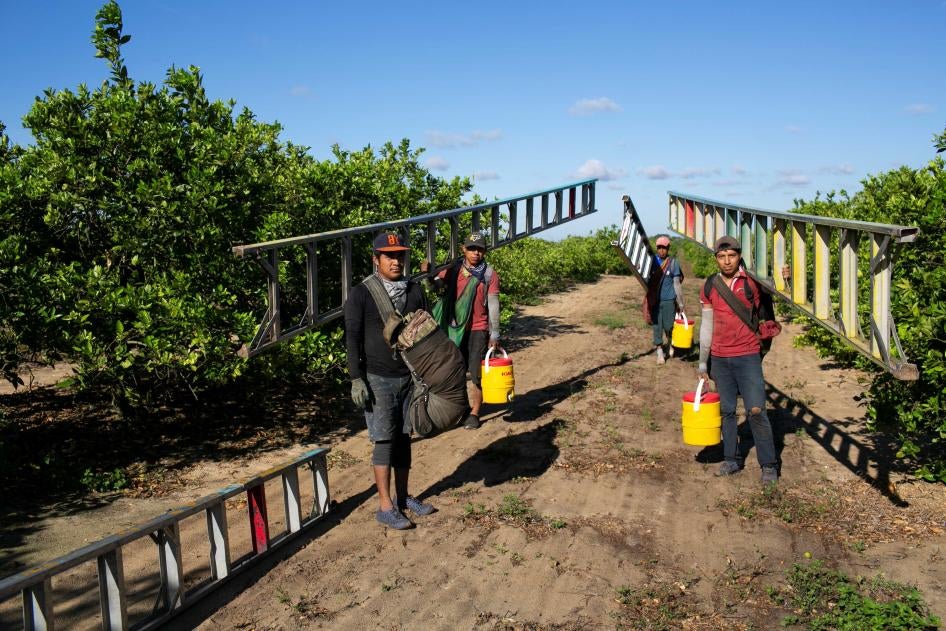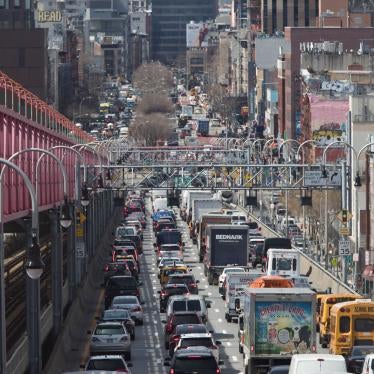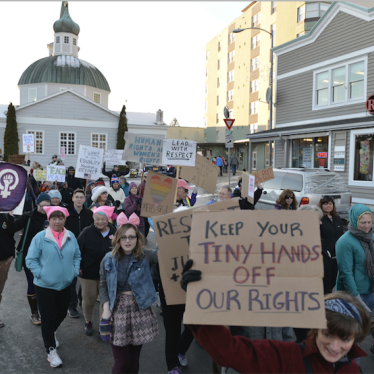Temperatures are hitting record-breaking highs in Florida, shocking TV meteorologists. The “Sunshine State” is famous for its warm weather, but these temperatures are scary, especially for Florida’s outdoor workers.
The damage caused by heat is complex and underappreciated. Heat can cause sickness and death. But it also increases the number of accidents at work, and for marginalized students worsens exam results. Exposure to heat during pregnancy is linked to preterm birth and other adverse birth outcomes. Heat is more dangerous for older people and marginalized groups in the US, like Black people who die at higher rates in heat waves. This summer has a new challenge from Covid-19 which will make using cooling centers (public places like library open for people without homes or air conditioning seeking cooling) difficult as Centers for Disease Control and Prevention (CDC) guidelines make clear.
Miami-Dade County, on Florida’s southeastern tip, hosts many of the state’s tens of thousands of farmworkers, who labor in fields to feed America. Often unseen by those living in Florida’s well air conditioned buildings, farmworkers are 20 times more likely to die from heat-related illness than other workers in the United States. Studies of ag workers in Florida found that most participating in the study were dehydrated at the end of work and many had dangerously high core-body temperatures during the day.
This situation is only going to get worse with climate change. Florida’s preparations for climate change are lagging, as state authorities spent years in denial. But sea-level rise, hurricanes of increasing intensity, and heat hikes are already there.
If global carbon emissions are not drastically reduced, the Union of Concerned Scientists predicts Miami-Dade County will see the number of days hitting a heat index of 100 degrees Fahrenheit and above – dangerous and potentially deadly to humans – jump 227 percent to 134 from about 41 within roughly 30 years.
Florida, as well as the US government and other US states, urgently needs to reverse course and to prepare for extreme heat.
Those who face the most dangerous heat, notably farmworkers working in open fields, should have better protection. This includes requirements for employers, called a heat standard, designed to keep workers safe. The heat standard should mandate lifesaving rest, shade, and water as well as heat safety training. WeCount!, the Farmworkers Association of Florida, and other farmworker rights groups have been battling for such a standard. California and Washington State both have heat standards. They are not a panacea against the dangers of heat, but by adopting such a standard the Sunshine State’s lawmakers would take an important step toward protecting farmworkers’ right to decent, and safe, work.










